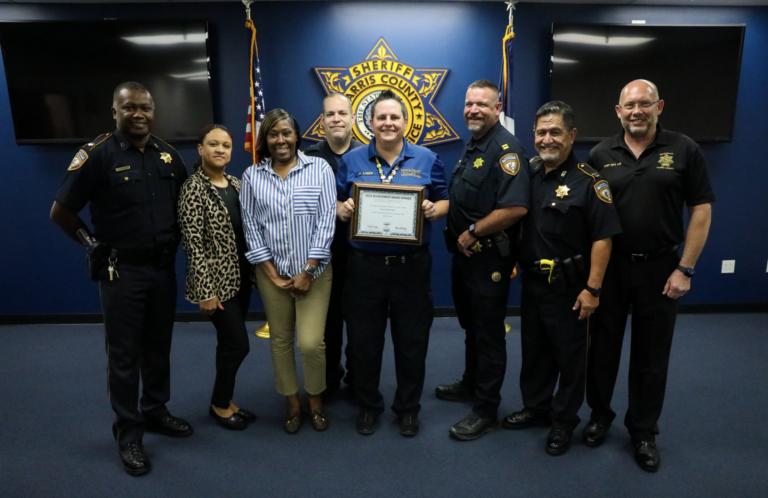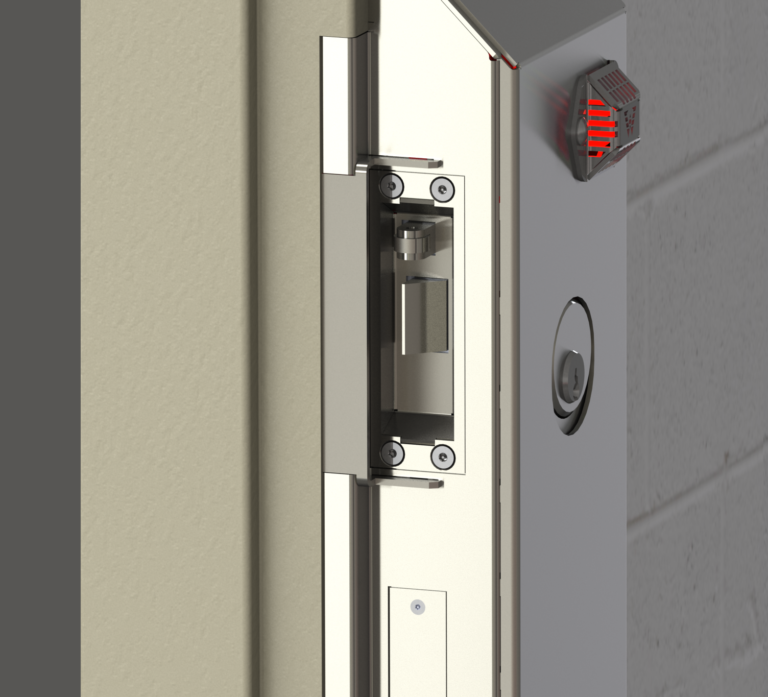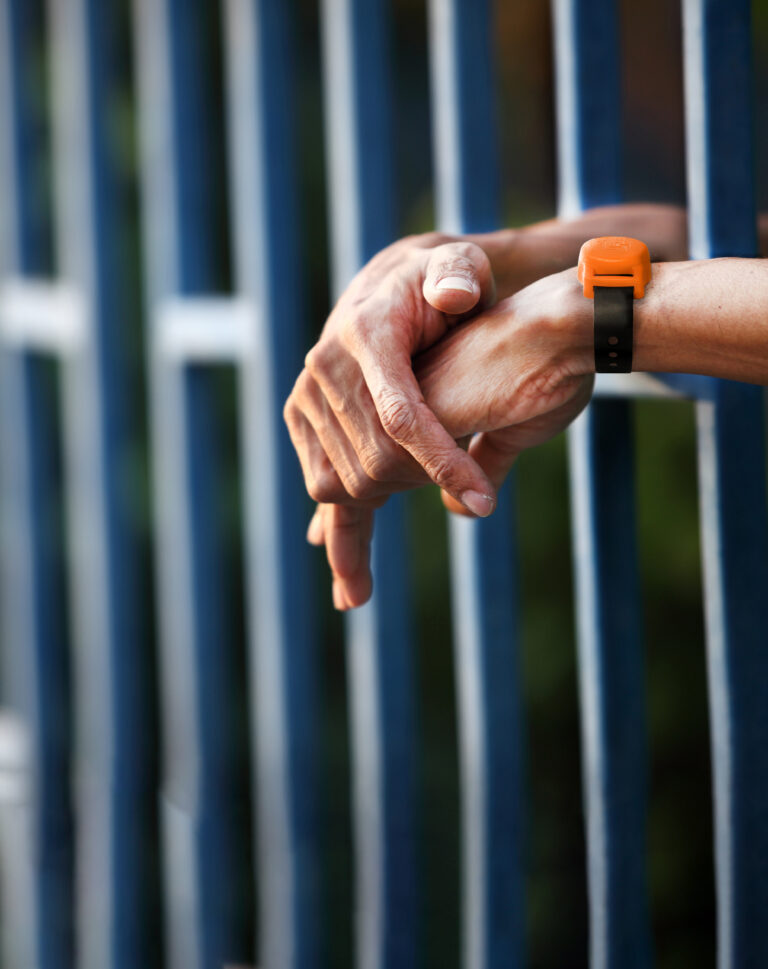Between Billiards and Bingo — On Voting and Freedom
 A few weeks before the recent hurricane season, a county commissioner of elections in Florida invited me to visit the new voting machines safely stored in a strip mall-cum-county office. The county was rightfully proud of the new Omaha-manufactured touch-screen machines, which will eliminate any hanging chads or finagling in the pending elections.
A few weeks before the recent hurricane season, a county commissioner of elections in Florida invited me to visit the new voting machines safely stored in a strip mall-cum-county office. The county was rightfully proud of the new Omaha-manufactured touch-screen machines, which will eliminate any hanging chads or finagling in the pending elections.
While I was genuinely impressed with the technology and the enthusiasm with which the county implemented the multi-million dollar change, the irony of proudly housing the new instruments of democracy between a billiard parlor and a bingo hall escaped neither me nor the commission staff.
On one tenant side of the stored voting machines is the recreation choice of a population segment that casts less than 40 percent of the votes it is eligible to cast. On the other side is a leisure respite of the community for whom the right to vote is a cherished facet of democracy. Between billiards and bingo, we can exercise choice and promote freedom.
Not for a moment would I characterize all billiard aficionados as voting-adverse or suggest that blue hair or no hair are guarantees of a voting-booth appearance. But the logic is reasonable. For a nation with no equal in individual freedoms, the question of a disturbingly large (and growing) number of disenfranchised voters warrants a few words and the illumination of a troubling trend.
In the 2000 national election, the final Florida tally separated the two presidential candidates by 537 votes. One issue that surfaced in the prolonged process to determine the winner was that of disenfranchised voters; specifically convicted felons who had completed their sentences, perhaps been habilitated and, for some, re-integrated into the local community. According to The Sentencing Project, a Washington-based institute devoted to the study of state sentencing policies, Florida has 600,000 ex-felons who were unable to vote in the 2000 election.
This article is not a “what-if” or “ain’t it awful” commentary. The point is not about the outcome, only the process. An estimated 4.7 million Americans have lost access to one of the most basic principles of freedom: the right to express an opinion through the electoral process. If we are going to invest an average of $18,000 per year to deny a felon freedom while stressing the need to change patterns of criminality through education and employment, then should we continue the punishment at release by denying them the right to become a part of a community that determines local and national leaders, not to mention local levels of taxation?
This is not about allowing felons to vote while incarcerated, although Maine and Vermont do permit inmates to vote, but a suggestion that we debate the disenfranchisement laws in 35 states where felons are prohibited from voting while on parole. Seven states deny all ex-offenders the right to vote, ever. To be fair, most states have a process that re-instates the right to vote, but let’s face it, if you’re about to leave prison, the right to vote may be just behind a root canal in priority. Most states tout a “return readiness” program in the final months of incarceration and, during this time, initiation into this basic expression of freedom should begin.
Back to the implications of disenfranchisement for a moment – The Sentencing Project data indicates that an estimated 4.7 million Americans (1 per 43 adults) have currently or permanently lost the right to vote due to a felony conviction (think Martha Stewart, for example).
While all of our lives are influenced by election results, 13 percent of African-American men are disenfranchised, which skews the representation of this racial group’s participation in decisions at the local level where community corrections is supposed to be based. Something doesn’t fit in this picture. If the current laws and rates of incarceration continue, 30 percent of all African-American men will lose the right to vote some time during their life. The statistic becomes even more grim in states that permanently disenfranchise ex-offenders.
The state of Florida had 600,000 ex-felons who, under current laws, were unable to vote in the 2000 election. Depending of their choice in 2000, a mere 538 could have changed the course of electoral history.
During the past two decades in America, when one expression of political testosterone was being “tough on crime” (and the criminals that commit them), many states enacted the laws that have and will continue to influence election results. But at this time, at least 13 states are quietly re-visiting those “days of thunder” and repealing the more onerous prohibitions of voting rights for ex-felons.
This trend deserves thoughtful consideration. Leave aside the emotion that surrounds the current (and past and future) national elections, local elections are where every now law-abiding citizen should have the right to determine the future of the community.
While preparing to release future citizens, managers of prison systems and prisons must work within the laws of their states. In most states, an ex-felon can re-gain the right to vote, but the right is not automatic. Just like being permitted to drive again, an application process is required. Finding a newly-released prisoner who doesn’t want the right to drive again is as scarce as my tee shots landing in freshly-mown grass. What if re-gaining the right to drive and the right to vote could be a combined process? Re-entry preparation could and should involve acquainting the offender with the restoration process for voting.
This is being written prior to the November 2004 election. Between now and November 2, more than 100,000 potential voters will be released from prison, most of them unable to participate in our greatest freedom. The journey between the billiards and bingo stages of life is long and strenuous, but the right to choose along the way should be promoted and celebrated as often as possible. n
Stephen A. Carter, AICP, is principal of Carter Goble Lee LLC in Columbia, S.C.






